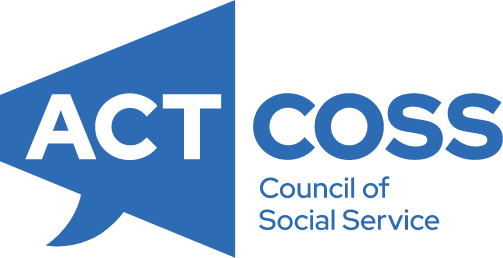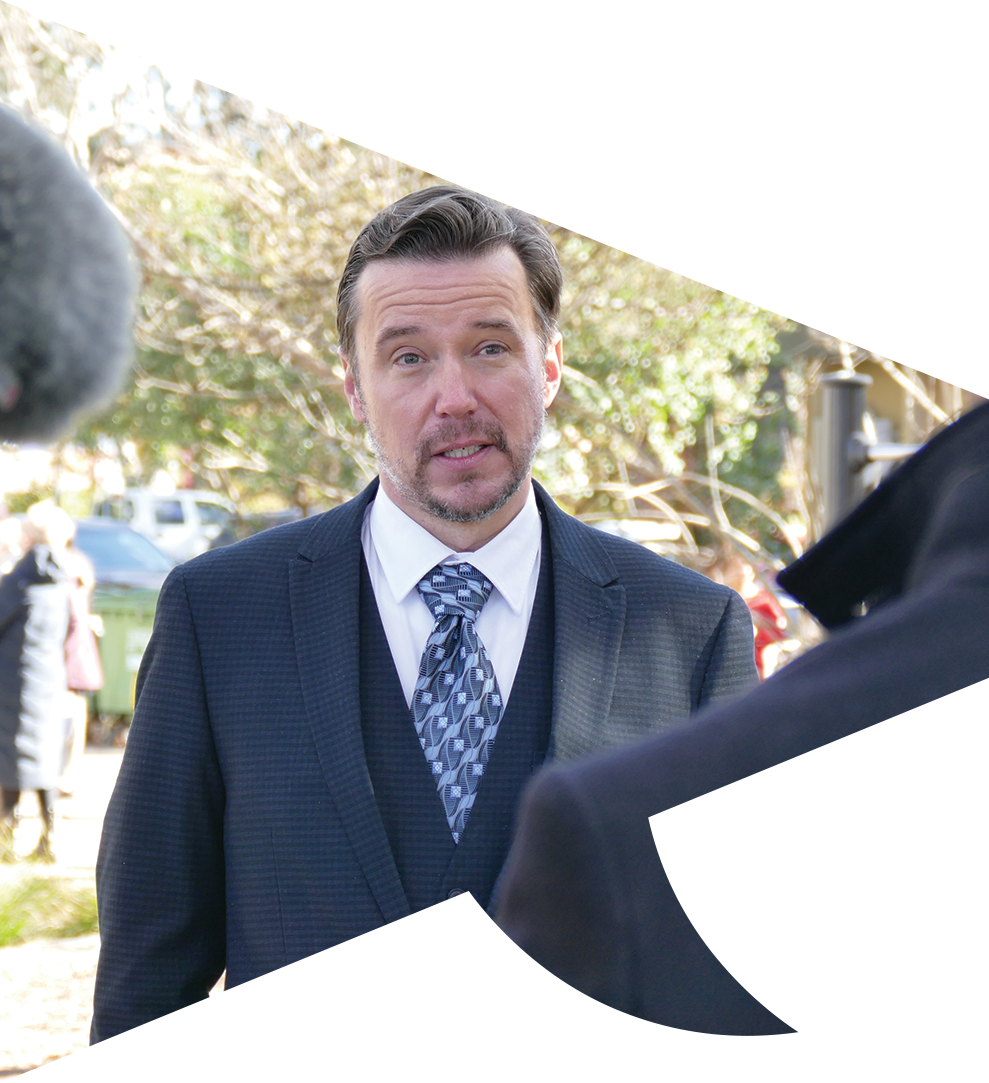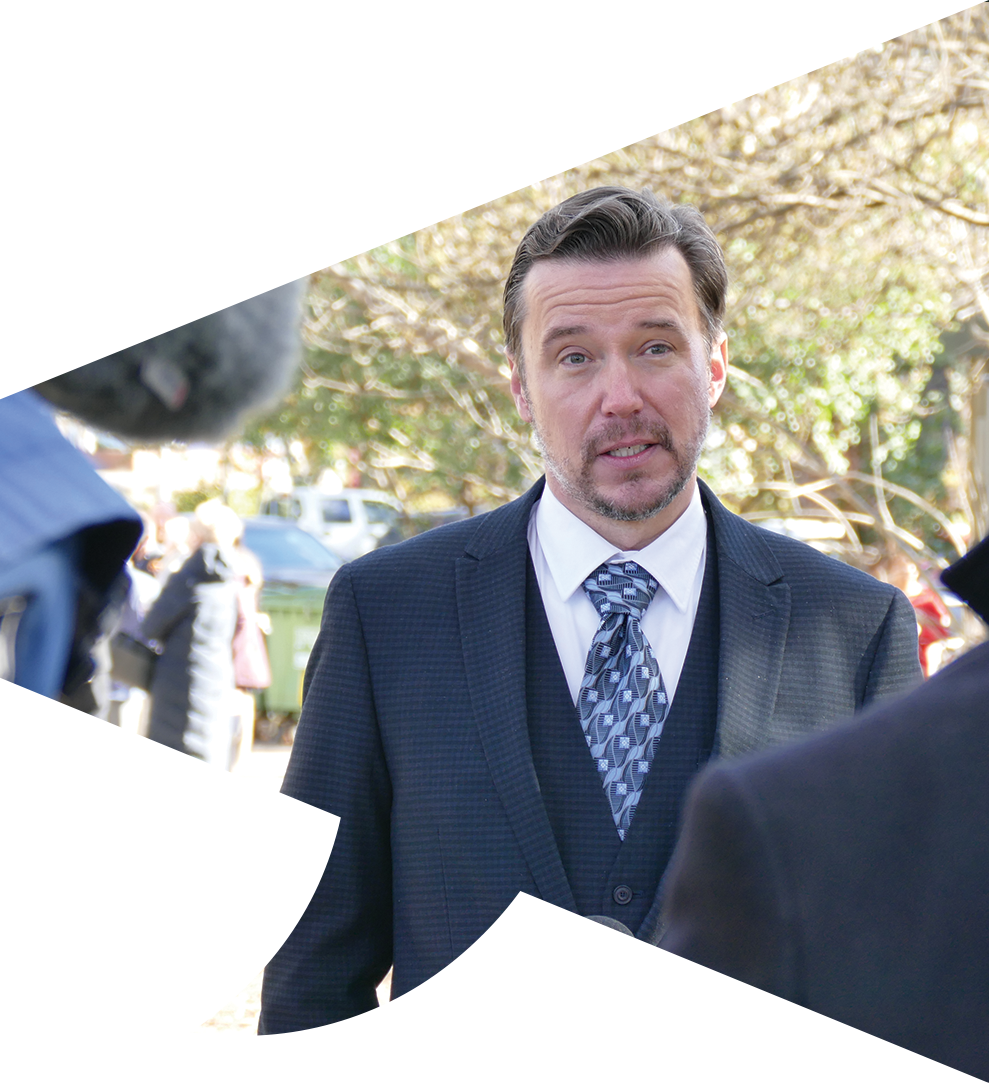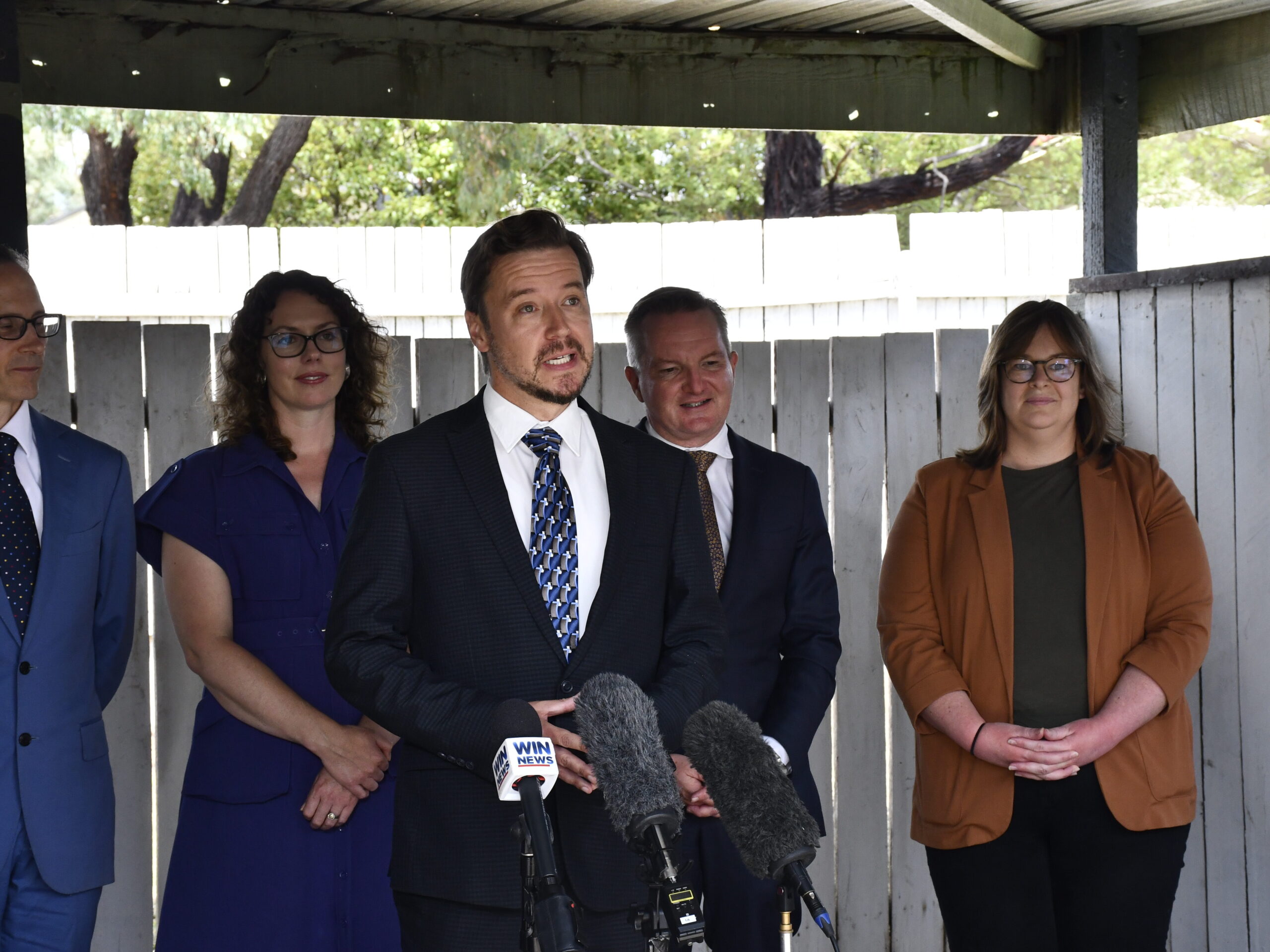
Working for
Social Justice
ACTCOSS is the peak body for the community sector in the ACT - advocating for social justice in our territory and representing not-for-profit community organisations.
Get to know ACTCOSS





Latest News and Publications
ACTCOSS ACT Budget Bulletin 2025-26
Support, training and resources for Aboriginal and Torres Strait Islander community sector workers, and organisations wanting to improve cultural competency.

Resources
Resources and tools to support community sector workers to better respond and deliver culturally appropriate services to Aboriginal and/or Torres Strait Islander peoples.
Access resourcesTraining + Events
Gulanga staff organise a variety of events during the year, along with workshops and seminars around cultural awareness for staff of community organisations.
Learn moreCommunity Sector
Find support, training and resources for community sector workers and organisations.
Back to top















